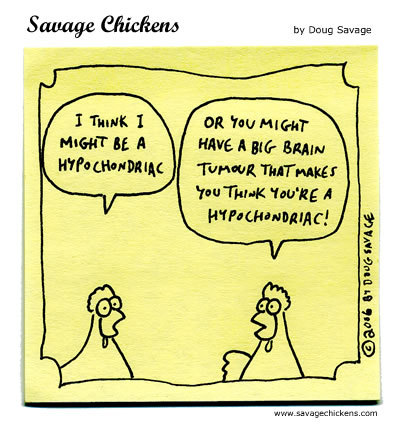(This is a three part mini-series on happiness. See the full series here: https://jineralknowledge.com/tag/arkhappyrecipe/?order=asc)
Mindfulness is the state of mind where you are aware of and attentive to the present, accepting it while not being judgemental. Simply put, it is “living in the moment”. It may sound easy, but in reality, we are not very skilled at sustaining attention to the present. We are easily distracted by regrets of the past or fears for the future. Even when we are aware of the present, we judge constantly. Thoughts such as “I can’t believe I said that, it’s so stupid” or “This person is annoying me so much, I hate it” are some examples.
When we are mindful, we can look into our brains and isolate what is really bothering us. Instead of being trapped within a maze of neurosis, you can look at your emotional response rationally. This allows you to try figuring out what is causing it and how you might fix it.

For example, you might feel angry when your friend does not reply to your messages. Our default state is to feel angry and lash out at our friend. But from a mindful state, you might see that your anger stems from your belief that your friend does not care about you. Then, you might remember that your friend is very busy studying for an exam and realise that there was a fair reason for them not replying. By being mindful, you self-aborted the vicious cycle of negative emotions and prevented the unhappiness it could cause.
There have been numerous studies that have shown the benefits of mindfulness. Not only does it reduce stress and increase happiness, but it also improves your physical health. But unfortunately, mindfulness takes practice to develop.
Mindfulness is trained through meditation. During meditation, you enter a relaxed state where you can focus on your “mind’s eye” rather than worldly distractions. There are numerous types of exercises that are available, such as breathing exercises and guided meditation.
A mindfulness exercise you can try right now is the Five Senses Meditation.
First, focus on what you are seeing right now. Describe everything in detail: the pigeon flying away, the red-headed girl handing out pamphlets, the blue sky. Ignore your emotional response to what you see and focus only on what you actually see. Now, close your eyes and focus only on your hearing. Do you hear the twittering of birds, the chatter amongst people, the leaves rustling in the wind? Keep doing this one-by-one with your other senses: touch, smell and taste. With each sense, focus only on what you “see” through that sense, blocking out everything else. Focus on the feeling of your clothes on your body, the scent of the person sitting next to you, the aftertaste of the breakfast you just ate. Lastly, open your eyes.
You will now be able to see the little details of the moment you’re in, through heightened senses. Then you will realise that you exist in this moment. Not in the past or the future, but in the present that your senses are excitedly telling you about.
The key to happiness is not an epic quest to find the Holy Grail. All you need to do is pay attention and look around you.
Happiness is now.


